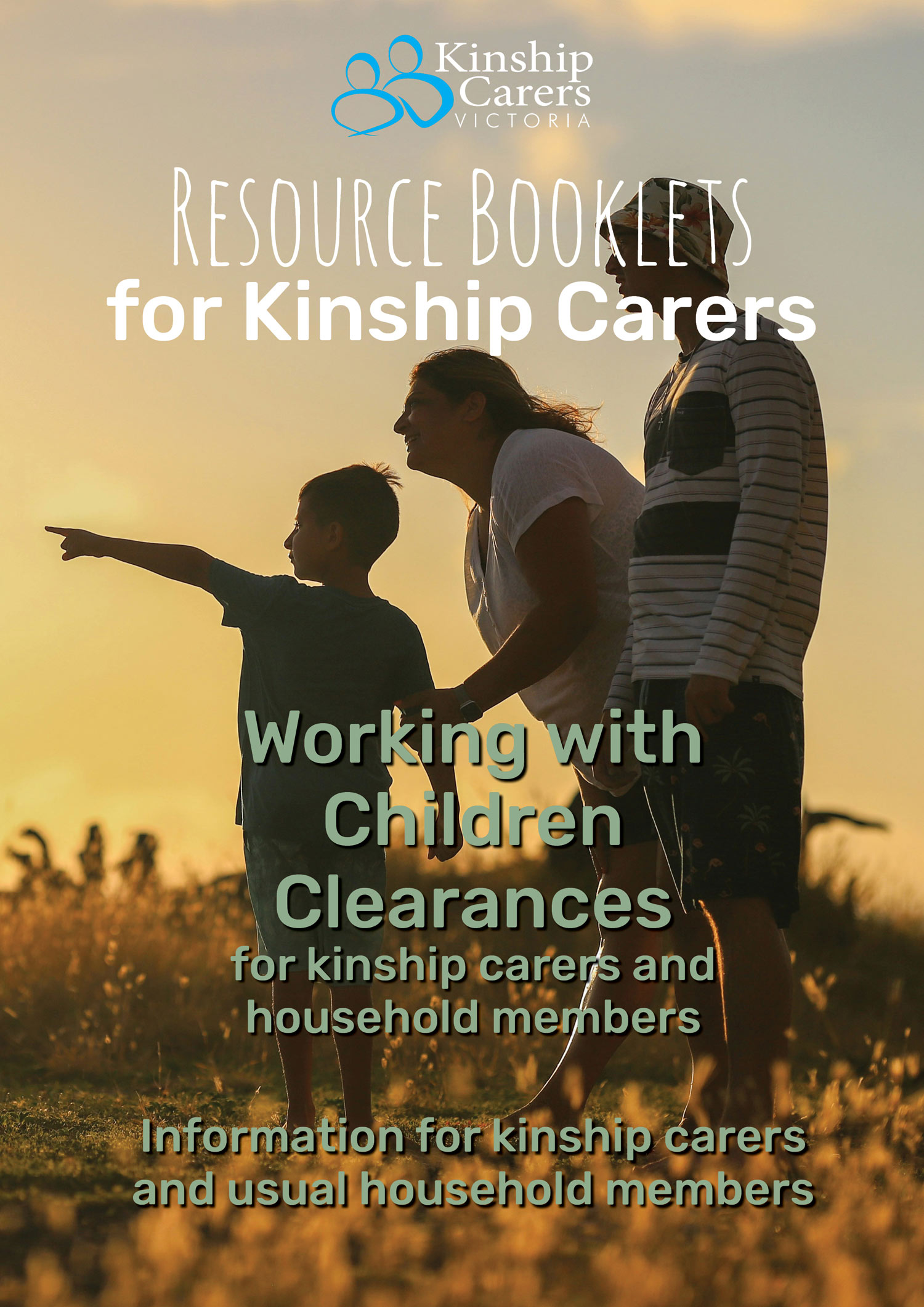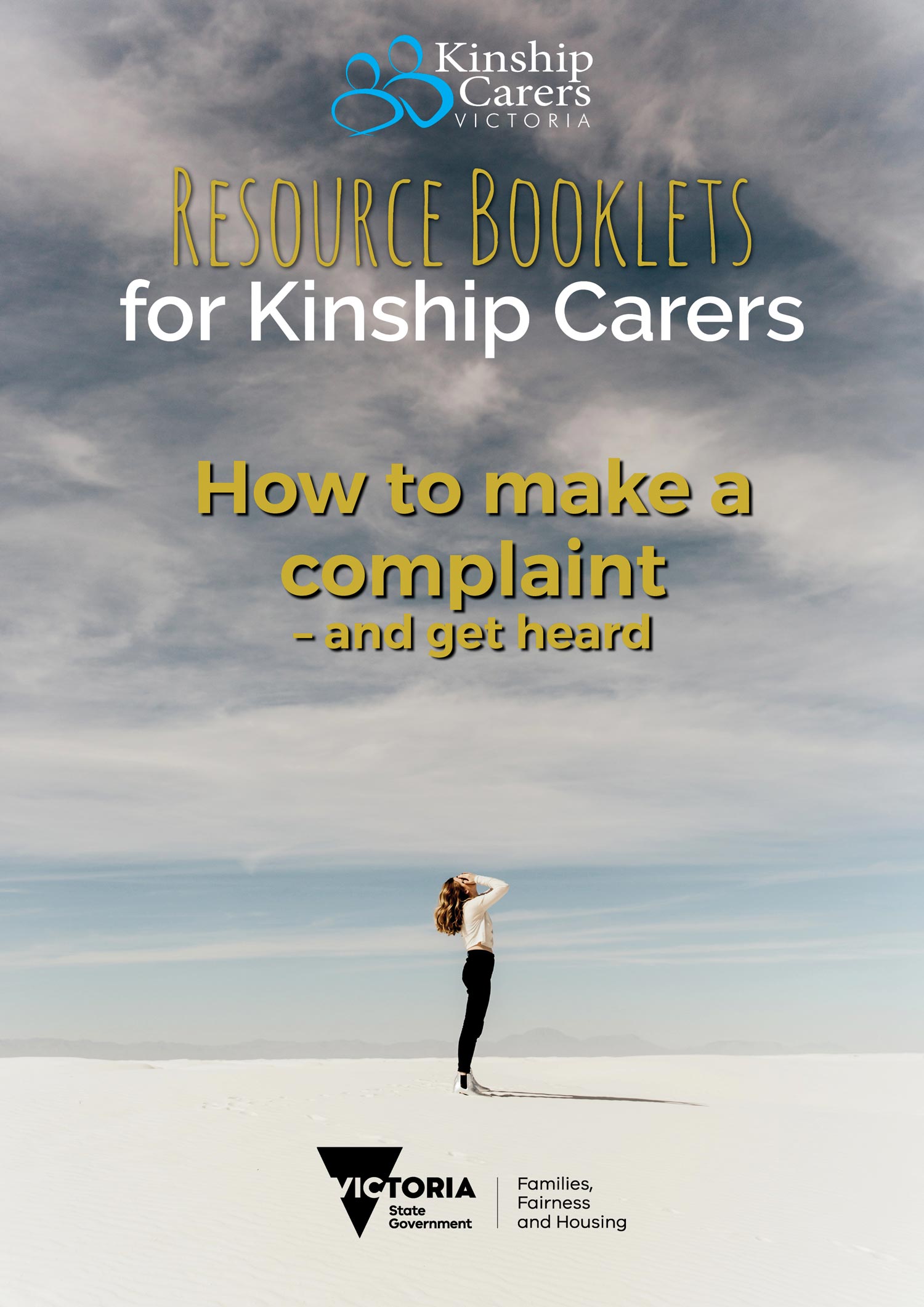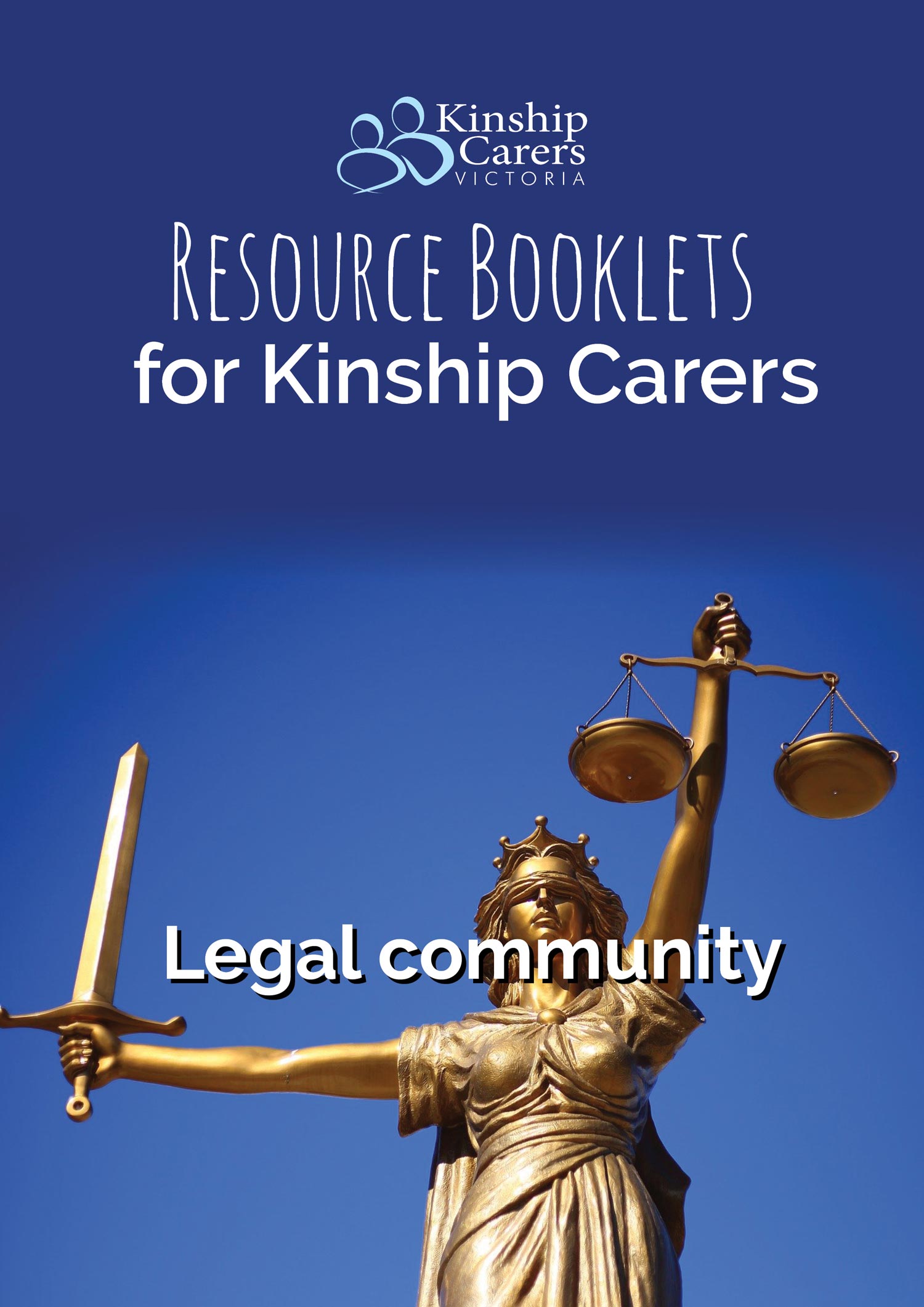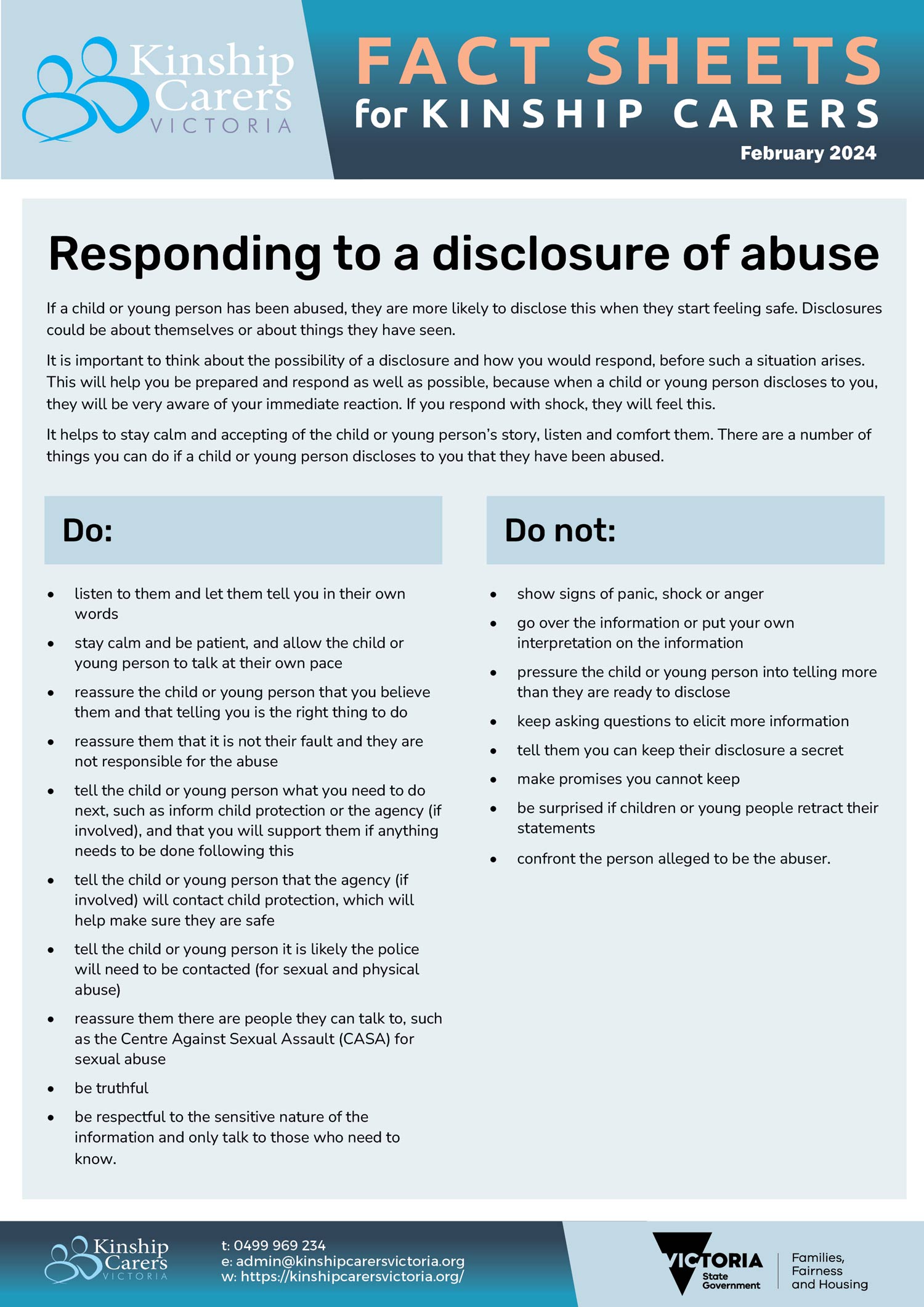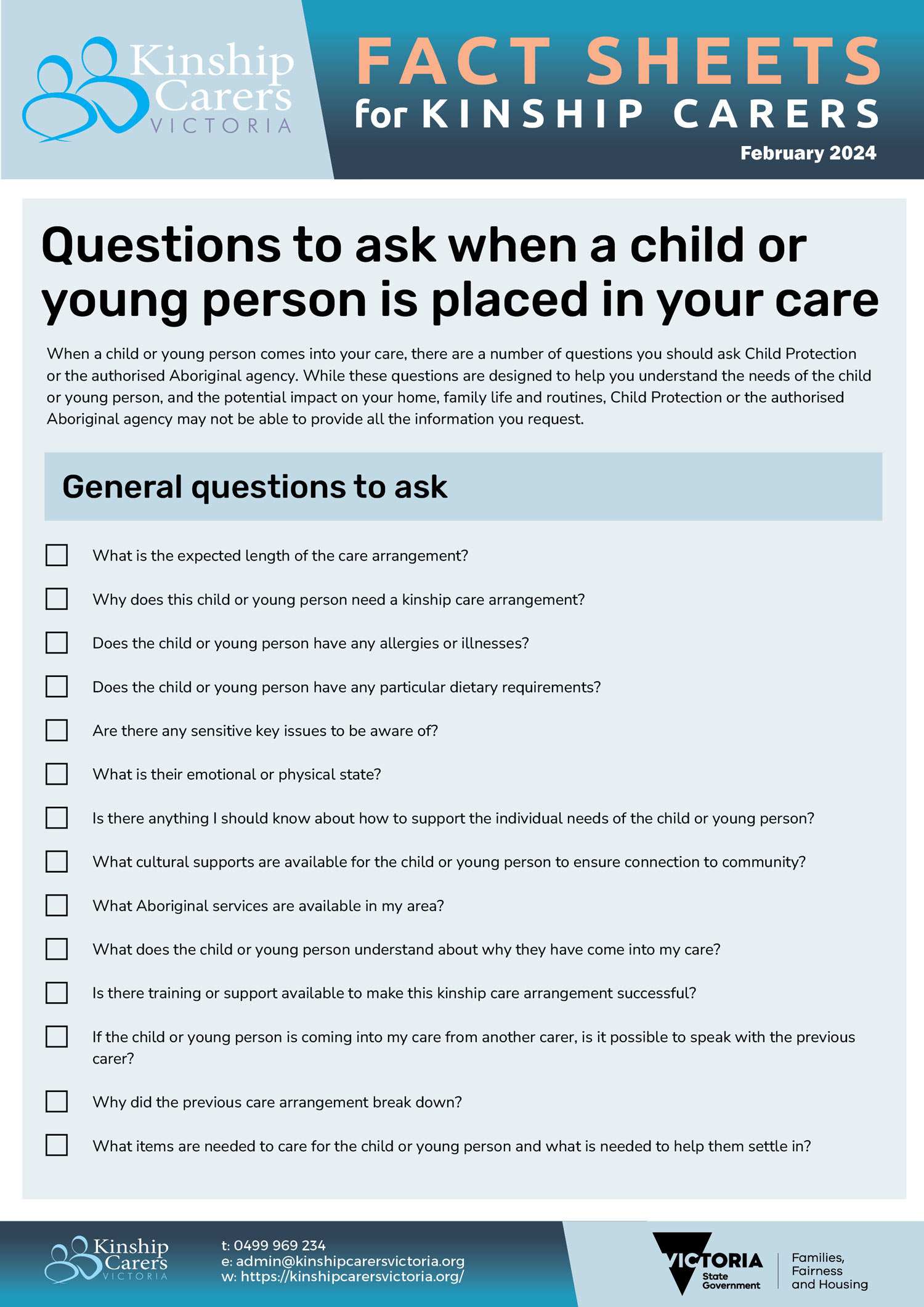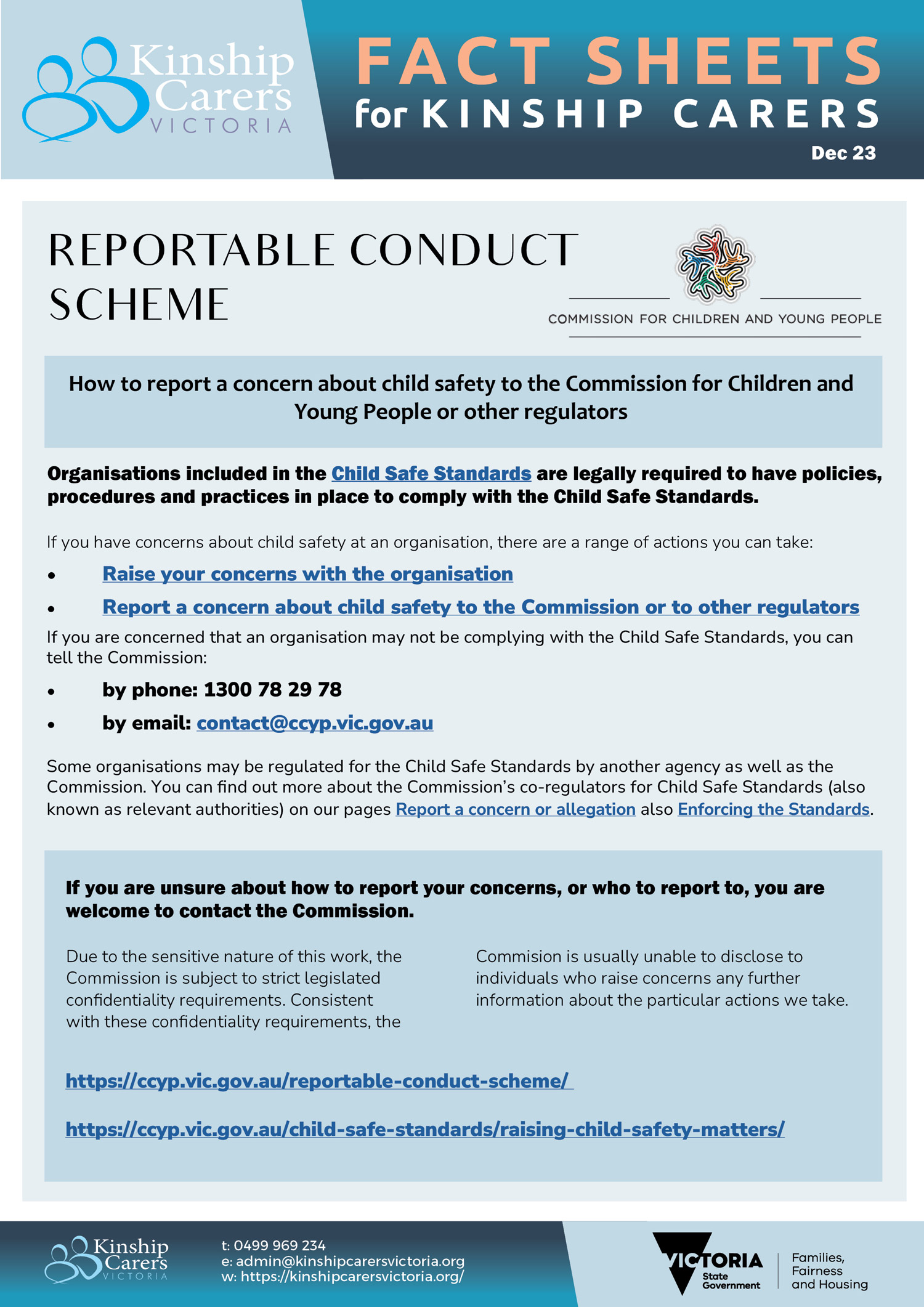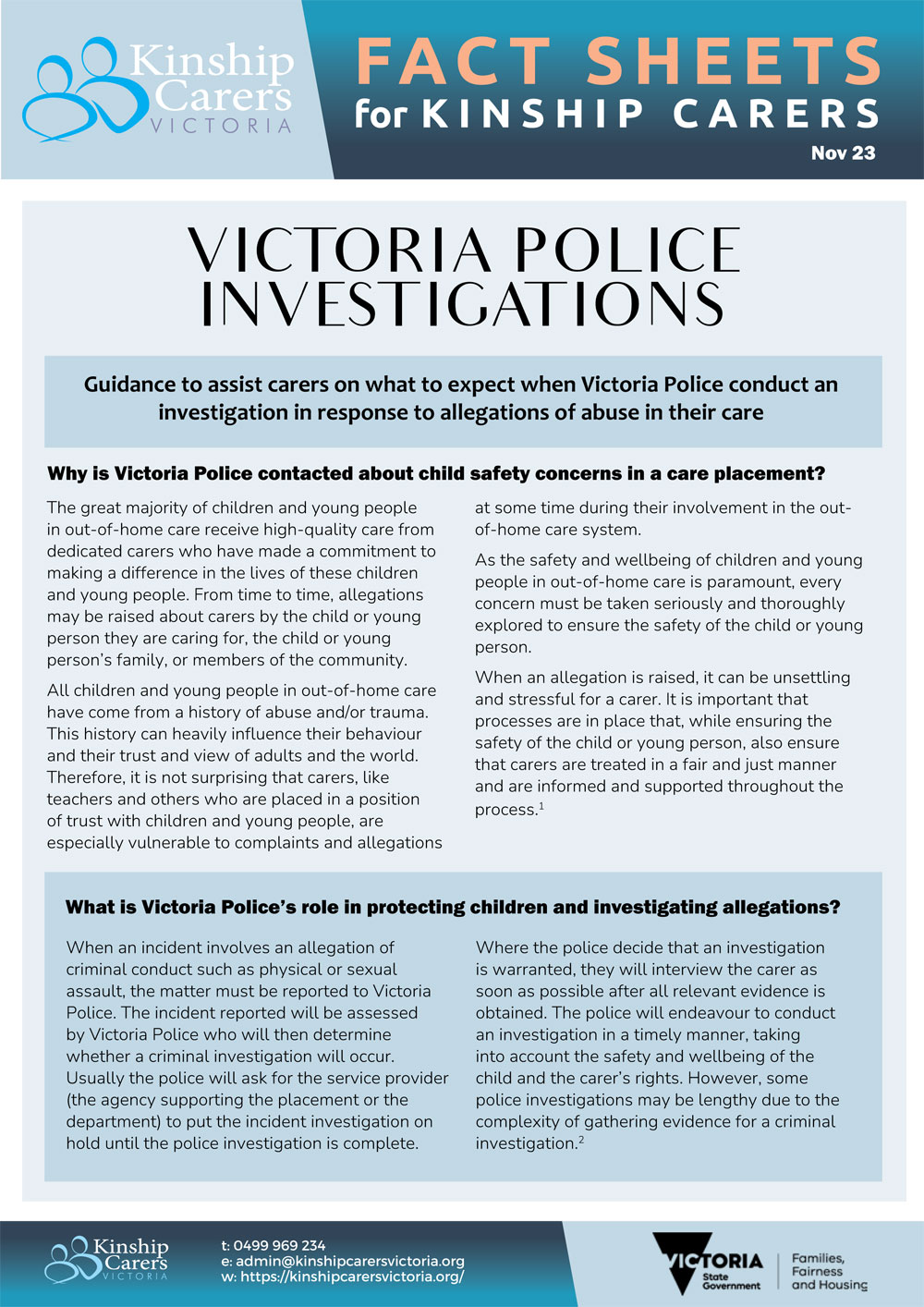There is a range of supports available for carers in the resource booklets below.
Responding to a disclosure of abuse
(Two pages)
Questions to ask when a child or young person is placed in your care
(Two pages)
Reportable conduct scheme
(One page)
Victoria Police investigations
(Five pages)
(Five pages)


